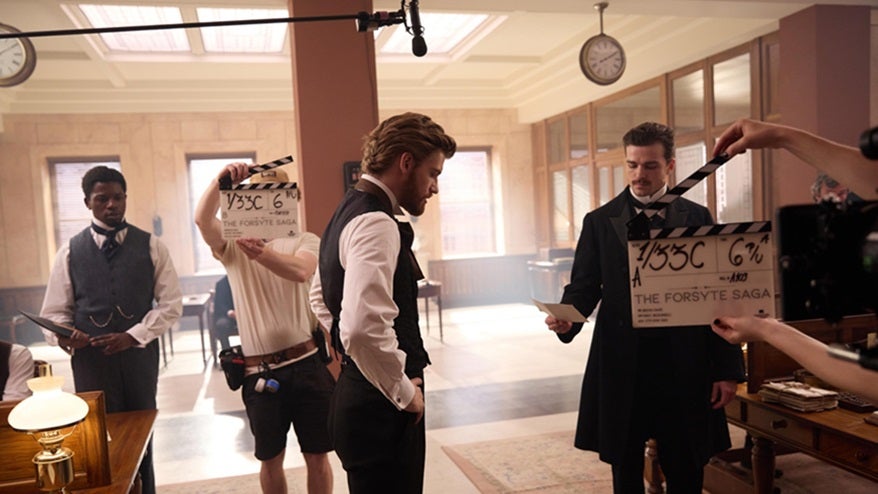BAFTA criticises discouraging careers advice
A new report released this week by the British Academy of Film and Television Arts (BAFTA) reveals that young people are needlessly being discouraged from pursuing a career in film, TV or games – with young people from lower socio-economic backgrounds and women at particular risk of being lost to these industries.
According to the BAFTA survey, careers in film, television and games are popular first choices amongst young people, with over half (57%) of those surveyed at one time considering a career in one or more of these industries, and 25% currently in training, education or employment directly related to a career in this area.
However, one in five (20%) of all respondents found accessing careers advice difficult or impossible, and – of those who received formal careers advice but were not satisfied – the majority (64%) felt the advice was too general and almost half (49%) felt the advisor did not know enough about the industry in question.
Young people who are actively aspiring to a career in film, television or games (‘aspirants”) appear to be particularly dissatisfied with formal careers advice, with just 9% believing they received excellent careers advice, and 35% finding that it was extremely unhelpful or did not help much at all in helping them choose a career. For a quarter (25%) of this group, contact with people already working in their chosen industry was their most useful source of advice.
One in six (17%) of aspirants who received unsatisfying careers advice were actively discouraged from their chosen path, compared with just 10% of respondents who have been discouraged from a career option overall – suggesting that careers advice to aspiring television, film or games professionals is much more likely to be discouraging, compared with other choices.
Having said all this, BAFTA”s figures seem to suggest that there are barriers to entry that are not simply to do with the quality of careers advice. For example, nearly half (47%) of young people who had been discouraged from a career in film, TV or games were told by a careers advisor that achieving their desired job would be down to “who you know” in the industry. BAFTA own figures seem to back up the point. BAFTA”s survey of its members found that almost half of respondents (47.5%) knew someone in the industry before they began, indicating that having useful contacts or a tangible role model is a critical factor in achieving success.
Careers advisors also warn that the film and television industries are difficult to get unless young people are able to survive on low pay. This reason was given by 33% of young people who had once considered a career in these industries, but had been discouraged. This concern also appears to be borne out by the BAFTA survey which shows that young people are more likely to be studying or undertaking work experience in film or television if they are in the higher AB social grade (22% of film and 19% of TV aspirants) than the lower DE social grade (16% of film and 15% of TV aspirants).
As for the issue of gender, young women were markedly less likely to consider a career in games, with just 9% of female respondents having considered this industry, compared to 38% of young men. Females were also more likely to be discouraged from a career in film, television or games, with 28% feeling that they wouldn”t fit in and 21% dissuaded by parents, family or friends, compared with 21% and 14% of males in the same situation.
Anne Morrison, Chair of BAFTA”s Learning and Events committee, said: “With increasing pressures on young people making career choices, it is worrying to see potentially talented future members of our industries are unable to find the right advice to steer them onto this path. BAFTA”s learning and events activity, and the huge variety of resources on BAFTA Guru are just some of the ways young people can get more information about the career paths and skills of the best in film, TV and games. We call on our industries, teachers and careers advisors to equip themselves with the right information about the range of fulfilling careers available – from set design to game design, to visual effects or producing – in order to give the best advice possible to the next generation of talent.”
The BAFTA Career Pathways Survey questioned 2,077 young people aged 16-24 years-old and almost 200 BAFTA members about their career decision-making processes and influences.
Share this Article















